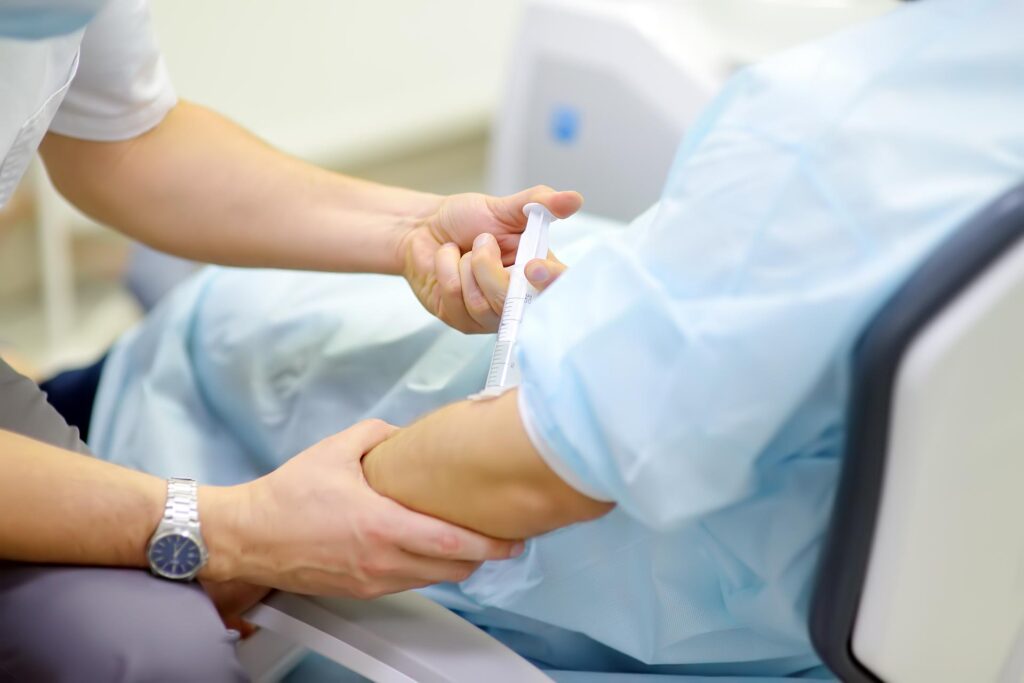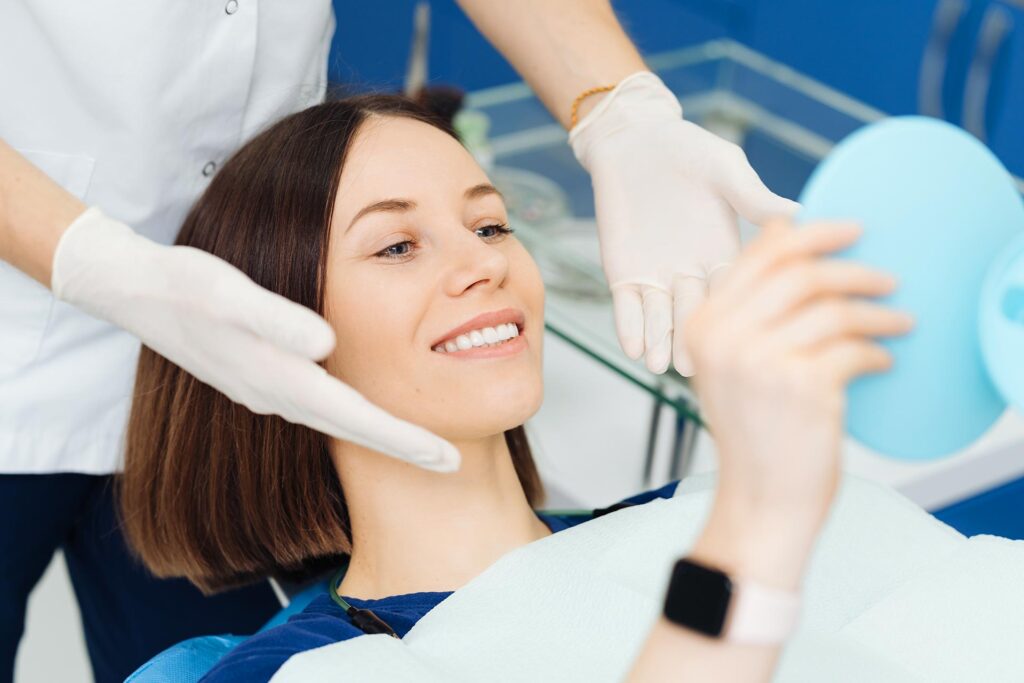
Gargling with salt water is a practice that dentists often recommend but rarely explain in sufficient detail. Although it may seem simple, it is based on powerful biological mechanisms. When salt mixes with water, it forms a hypertonic solution. The most important effect of this solution is that it draws excess fluid out of tissues through osmosis. In cases of gum inflammation or swollen tissues after surgery, this effect helps reduce swelling and provides relief for the patient.
Salt water is also thought to have an antibacterial effect. However, this effect is generally limited to mechanical cleaning and making the environment inhospitable to bacteria, rather than directly killing them. For example, the moist environment suitable for bacterial growth dries out thanks to salt water, which limits their proliferation.
Saltwater also plays an important role in oral hygiene after surgical procedures. Rinsing with saltwater after tooth extraction, implant placement, or minor surgical procedures reduces the risk of infection in the wound area. This is because saltwater provides hygiene without damaging the wound area. Unlike antiseptic mouthwashes, saltwater does not irritate the tissues.
Additionally, gargling with saltwater twice a day, morning and evening, can balance the oral flora. However, this practice does not replace brushing and flossing. A common mistake many patients make is thinking that gargling alone is sufficient. In reality, basic cleaning is achieved through mechanical means, such as brushing and flossing.
The salt concentration is important. Excessive salt use can dry out the oral mucosa and cause irritation in the long term. Therefore, adding half a teaspoon of salt to a glass of warm water (approximately 200 ml) is ideal. The water should not be too hot or too cold. Warm water provides a more comfortable gargling experience and facilitates the dissolution of salt.
Saltwater gargling is an inexpensive, simple, yet effective method for supporting oral hygiene. However, it may not be suitable for everyone. It should be used with caution, especially in patients with hypertension or those experiencing dry mouth.





